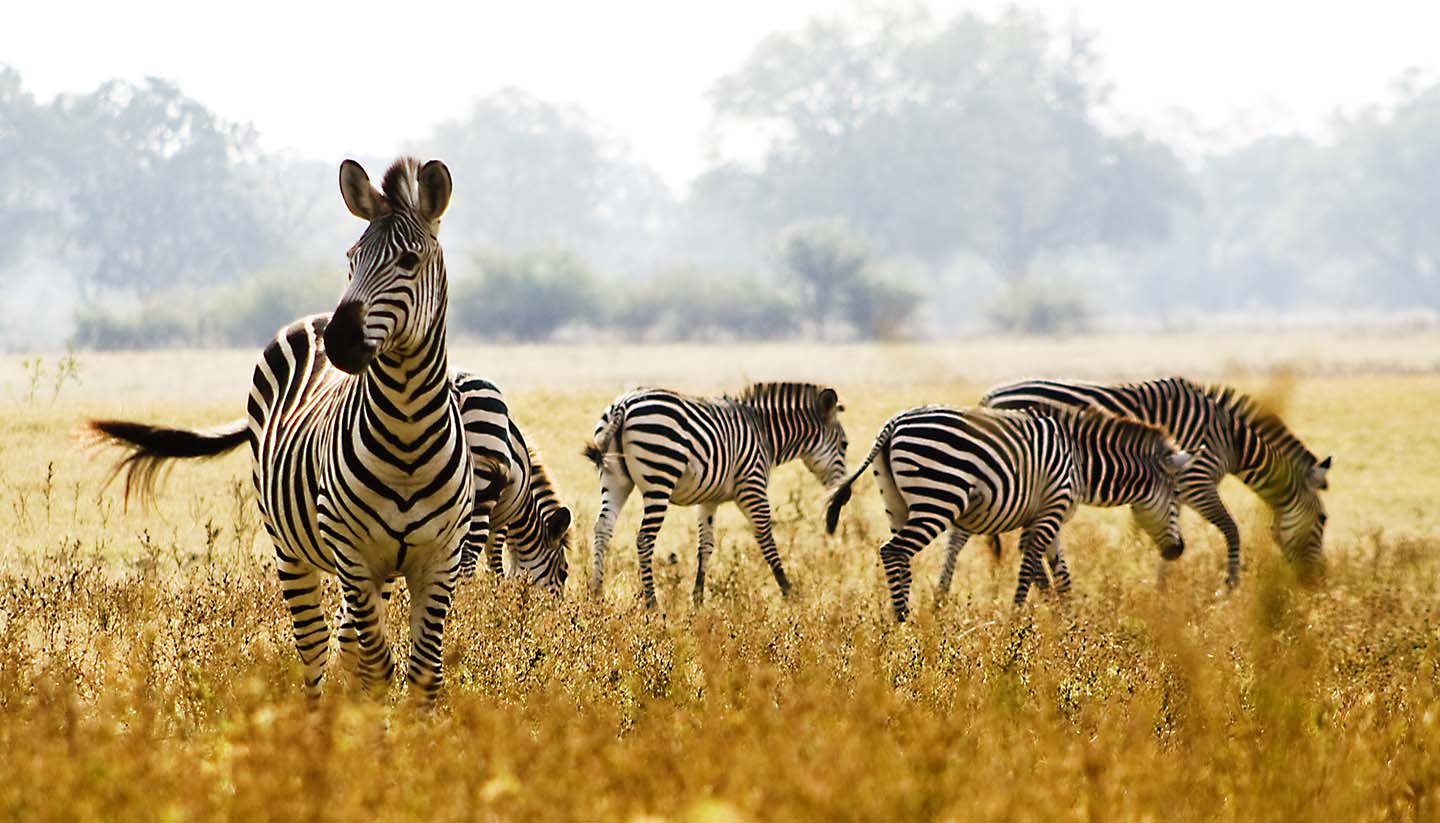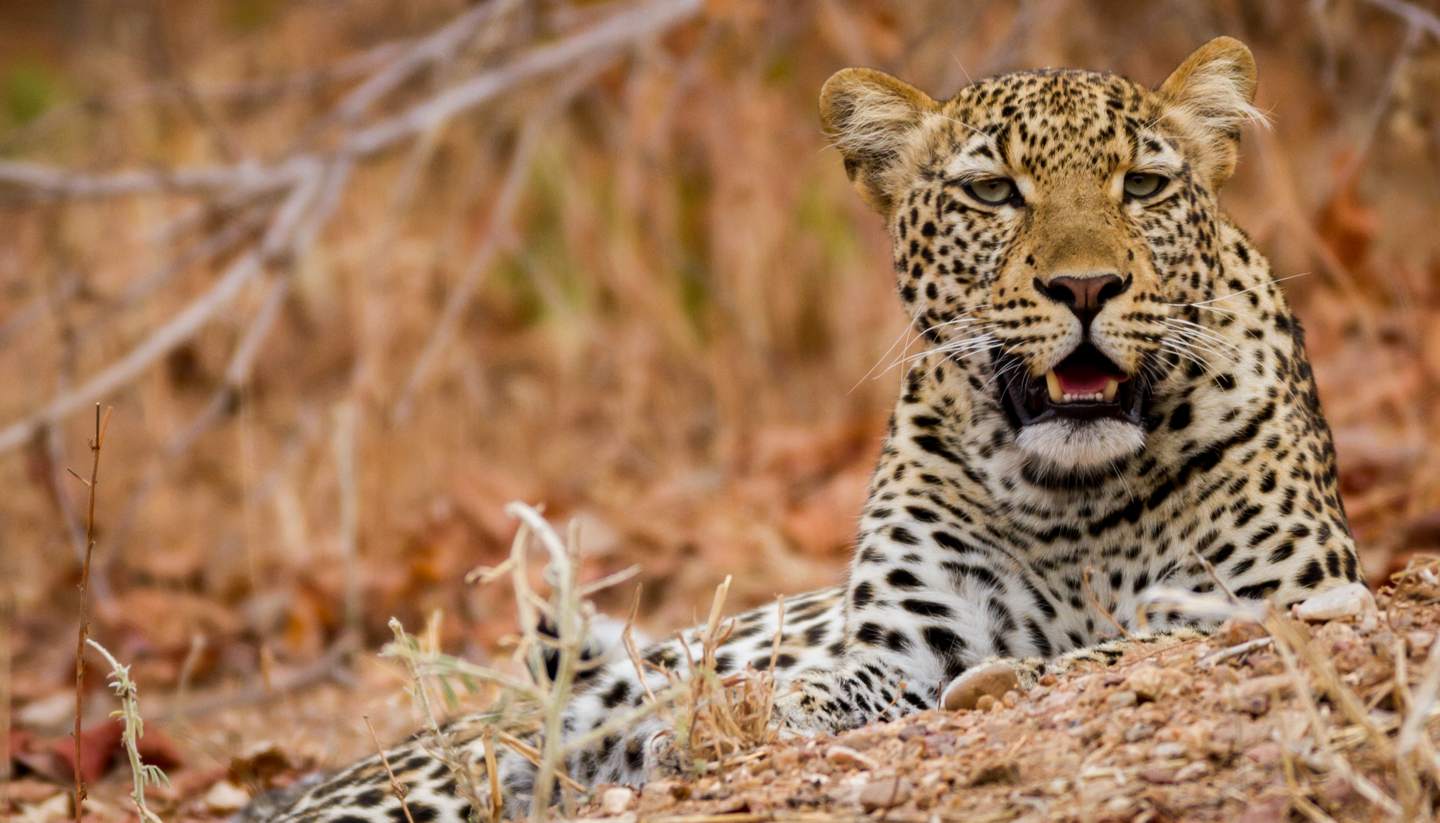Where to stay in Zambia
Hotels
Hotels in Zambia are mainly geared either towards business travellers or towards tourists on safari. Zambia's top business hotels, which are of international standard, are concentrated in Lusaka and the Copperbelt region. Livingstone has several high quality tourist hotels, as well as safari lodges. There are also hotels in the smaller cities and near principal road junctions. It is advisable to book in advance and to obtain confirmation in writing. All bills are subject to a statutory 10% service charge; this will usually be included in quoted room rates.
Grading: Hotels are graded according to a 5-star system. The most basic places are ungraded.
Bed and breakfast
Zambia's bed and breakfasts and guesthouses are found both in urban and rural areas and tend to be smaller than hotels, with simpler facilities and lower prices. They often have a more informal, family-run atmosphere.
Camping
Sites are available at most of the tourist centres, including several national parks. It is best to make reservations well in advance. If booking is more than four weeks in advance, some operators charge a 15% deposit. Prices may increase during peak periods. For further information, contact the Zambia National Tourist Board, who can supply a list of Zambian tour operators.
Other accomodation
Budget: Hostels aimed at backpackers and budget travellers are concentrated in the main travel and tourism hubs of Lusaka and Livingstone. Government-run rest houses and hostels are also available in many centres but they are very basic.
Safari lodges and camps: All lodges and many camps in the national parks are offered on a fully catered basis, with full board, game drives and other activities included in the rate. The most exclusive lodges are beautifully situated in prime wildlife-watching areas and have spacious, imaginative accommodation which makes good use of traditional local timber, thatch, textiles and craftwork to create an attractive, ecologically-sensitive atmosphere. Some camps are located in remote areas which are only accessible during the dry season. These are usually rebuilt every year.
Others are even more temporary – a fly camp, for example, may be created in a matter of hours to accommodate guests on a mobile safari. Despite their temporary nature, these can still be extremely comfortable, with private washing facilities attached to each tent. As the quality of accommodation and associated facilities varies enormously from one place to another, visitors intending to stay should contact the relevant tour operator/tourist office for detailed information.



